Pre engineering Subjects ( Part 1 + Part 2 )
In this article I will explain with you about :
Subjects included in Pre engineering
Total Marks
Book of Pr engineering’
After matriculation, students may want to pursue pre-engineering. Pre-engineering is a popular field for students who achieve high grades in Pakistan. It is a two-year degree program similar to F.A, Pre-Medical, and ICS in Pakistan.
You can learn Pre engineering in detail : The Scope, Benefits, and Subjects of Pre-Engineering in Pakistan: A Complete Overview
FSc Pre-Engineering Full Form:
FSc Pre-Engineering stands for “Faculty of Science in Pre-Engineering.” As you have completed your matriculation in science, there are multiple science fields available, such as ICS, Pre-Medical, and Pre-Engineering.
Subjects in Pre-Engineering:
The total number of subjects in Pre-Engineering in Pakistan is eight. Some of these subjects are studied in both years, while others are only in the second year. Let’s dive into the details:
Importance of FSc Pre-Engineering Subjects
FSc Pre-Engineering lays the foundation for students aiming to pursue careers in engineering, technology, or related fields. The subjects taught at this level build critical thinking, problem-solving, and analytical skills. Each subject has a specific role in shaping a student’s understanding of engineering concepts.
Key Reasons Why These Subjects Matter:
- Mathematics:
- Develops problem-solving skills.
- Enhances logical reasoning and analytical thinking.
- Essential for understanding advanced engineering concepts.
- Physics:
- Explains the laws of nature and mechanics.
- Helps in applying scientific principles to real-world problems.
- Forms the base for subjects like thermodynamics and electronics.
- Chemistry:
- Builds knowledge of chemical processes and materials.
- Essential for fields like chemical and environmental engineering.
- Encourages experimentation and practical learning.
Why It’s Important:
- These subjects prepare students for university-level studies.
- They provide the skills required to tackle real-life technical challenges.
- A strong grasp of these subjects opens doors to diverse career opportunities in engineering, IT, and more.
Subjects of Pre Engineering 1st Year:
The seven subjects of pre engineering 1st year are :
- English
- Urdu
- Mathematics
- Physics
- Chemistry
- Islamiat
- Tarjamatul Quran / Ethics
Subjects of Pre Engineering 2nd Year:
The seven subjects of pre engineering 2nd year are :
- English
- Urdu
- Mathematics
- Physics
- Chemistry
- Pakistan Studies
- Tarjamatul Quran / Ethics
Note: This is applicable for Punjab Boards only. In FBISE, there is no subject of Tarjamatul Quran / Ethics.
Difference Between Compulsory and Elective Subjects in F.Sc Pre-Engineering
In F.Sc Pre-Engineering, students are required to study both compulsory and elective subjects. These subjects serve different purposes, with compulsory subjects providing foundational knowledge and elective subjects being more specialized towards engineering fields.
Compulsory Subjects of Pre-Engineering
Compulsory Subjects: In Pre-Engineering, you must study these compulsory subjects, which are required for everyone:
- English: Improves reading and writing skills.
- Urdu: Helps you stay connected to the national language.
- Islamiyat: Teaches Islamic values. (Non-Muslim students can opt for Ethics instead.)
- Pakistan Studies: Provides knowledge about Pakistan’s history and culture.
- Tarjamatul Quran / Ethics (for non-Muslims): Provides knowledge about Quranic Surahs.
These subjects are essential for all students, as they provide foundational knowledge in related fields.
Elective Subjects of Pre-Engineering
Optional Subjects: Officially, there are no optional or elective subjects in Pre-Engineering, but these subjects are focused on engineering:
- Mathematics: Essential for solving engineering problems.
- Physics: Provides an understanding of the natural world, including forces, energy, and motion.
- Chemistry: Teaches about different substances, which is important for many engineering fields.
Practical Subjects in F.Sc Pre-Engineering
There are 2 Practical Subjects in pre engineering
In F.Sc Pre-Engineering, practical subjects like Physics and Chemistry are crucial for enhancing your learning experience.
In Physics, you’ll conduct experiments on mechanics, electricity, magnetism, optics, and thermodynamics, using real-world equipment like oscilloscopes and ammeters.
In Chemistry, you’ll explore chemical reactions, titrations, and the properties of various compounds, using tools such as Bunsen burners and test tubes. Both subjects provide opportunities for fun, discovery, and intellectual growth.
Why Practical Subjects are Important in F.Sc Pre-Engineering?
Practical subjects in F.Sc Pre-Engineering are essential for several reasons, offering numerous benefits that prepare students for future academic and career success. One of the most important advantages is the hands-on experience students gain in subjects like Physics and Chemistry. This experience allows them to apply theoretical knowledge in real-world situations, helping to develop critical skills needed in engineering fields.
Practical subjects also bridge the gap between theory and practice.
Practical subjects improve student motivation and engagement.
How to Tackle All Subjects in F.Sc Pre-Engineering?
You can follow these tips to handle all subjects in intermediate :
Plan and Organize: Create a study timetable and set clear goals for each subject to stay on track.Focus on Core Subjects:
- Physics: Understand concepts, practice problems, and focus on experiments.
- Mathematics: Practice problems daily and master basic techniques.
- Chemistry: Balance theory with experiments and learn chemical equations.
Active Learning: Take organized notes, engage in group studies, and revise regularly.
Practical Work: Attend lab sessions, understand procedures, and practice hands-on experiments for better understanding.
Time Management: Allocate time for both study and rest. Avoid cramming by staying consistent.
Seek Help: Ask teachers for clarification and use online resources for additional support.
Stay Motivated: Keep your long-term goals in mind and stay consistent in your efforts.
Total Marks and Exam Structure of Intermediate Pre-Engineering:
| Subject | Theory Marks | Practical Marks | Total Marks |
|---|
| F.Sc Pre-Engineering Part 1 |
| Urdu | 20 | 80 | 100 |
| English | 20 | 80 | 100 |
| Islamiyat | 10 | 40 | 50 |
| Mathematics | 20 | 80 | 100 |
| Physics | 17 | 68 | 100 |
| Chemistry | 17 | 68 | 100 |
| Tarjamatul Quran | – | 50 | 50 |
| F.Sc Pre-Engineering Part 2 |
| Urdu | 20 | 80 | 100 |
| English | 20 | 80 | 100 |
| Pak Studies | 10 | 40 | 50 |
| Mathematics | 20 | 80 | 100 |
| Physics | 17 | 68 | 100 |
| Chemistry | 17 | 68 | 100 |
| Tarjamatul Quran | – | 50 | 50 |
Total Marks of Intermediate Pre-Engineering: The total marks for Intermediate Pre-Engineering are 1200, including the recent addition of a new subject, Tarjamatul Quran.
Total Marks in Pre-Engineering Part 1:
The total marks for the first year of Pre-Engineering are 570.The division of marks is as follows .
- English: 100 Marks
- Urdu: 100 Marks
- Mathematics: 100 Marks
- Physics: 85 Marks
- Chemistry: 85 Marks
- Islamiat: 50 Marks
- Tarjamatul Quran / Ethics: 50 Marks
Total Marks in Second Year of Pre-Engineering:
The total marks for the second year of Pre-Engineering are 630, with an additional 60 marks for practical exams taken at the end of the second year.
- English: 100 Marks
- Urdu: 100 Marks
- Mathematics: 100 Marks
- Physics: 85 Marks + 30 Marks (Practical)
- Chemistry: 85 Marks + 30 Marks (Practical)
- Pakistan Studies: 50 Marks
- Tarjamatul Quran / Ethics: 50 Marks
FSc Pre-Engineering Books List (First Year and Second Year):
Below is the complete list of textbooks required for both First Year (11th class) and Second Year (12th class):
he Pre-Engineering course in Pakistan for Intermediate students is designed to provide a strong foundation in essential subjects required for further studies in engineering. The curriculum includes both compulsory and elective subjects, each accompanied by textbooks that ensure in-depth understanding and preparation. Here’s an overview of the core subjects and their corresponding textbooks:
- Mathematics (Part 1 & Part 2):
The Mathematics textbooks are focused on topics such as algebra, calculus, trigonometry, geometry, and differential equations. These books are crucial for developing analytical and problem-solving skills that are essential for engineering disciplines. The content progresses from basic to advanced concepts, preparing students for higher-level mathematics in engineering. - Physics (Part 1 & Part 2):
The Physics books provide a thorough understanding of fundamental principles such as mechanics, thermodynamics, electricity, magnetism, optics, and modern physics. These subjects lay the groundwork for specialized fields in engineering, helping students understand how natural laws apply to various technological and industrial applications. - Chemistry (Part 1 & Part 2):
The Chemistry textbooks cover both inorganic and organic chemistry. Key topics include atomic structure, periodic table, chemical bonding, acids and bases, and organic compounds. These books provide a deep understanding of chemical reactions, which are essential for fields such as chemical engineering, material science, and environmental engineering. - English:
The English textbooks aim to develop proficiency in reading, writing, and speaking. They focus on improving academic language skills, including comprehension, grammar, and essay writing. These skills are important for effectively communicating scientific concepts and research in higher education and professional settings. - Urdu:
The Urdu textbooks are intended to enhance language skills in the national language. They focus on literature, poetry, and essay writing, helping students improve their communication and literary skills in Urdu. - Islamiyat:
The Islamiyat book provides knowledge of Islamic teachings, history, and ethics, which is essential for understanding religious values and integrating them into daily life. The textbook also includes the study of the Quran, Hadith, and Islamic history, promoting ethical and moral development. - Pak Studies:
The Pak Studies textbooks focus on the history, culture, geography, and politics of Pakistan. Students learn about the founding of Pakistan, its governance, and key historical events that shaped the nation. This subject helps students develop a strong understanding of their country’s socio-political landscape. - Tarjamatul Quran:
The Tarjamatul Quran textbook provides an in-depth study of the Quran, along with its translation into Urdu. This subject helps students understand the Quranic verses and their meanings, offering a spiritual and intellectual connection to Islamic teachings.
First Year (11th Class) Books List:
- Physics Book 1 (Punjab Textbook Board)
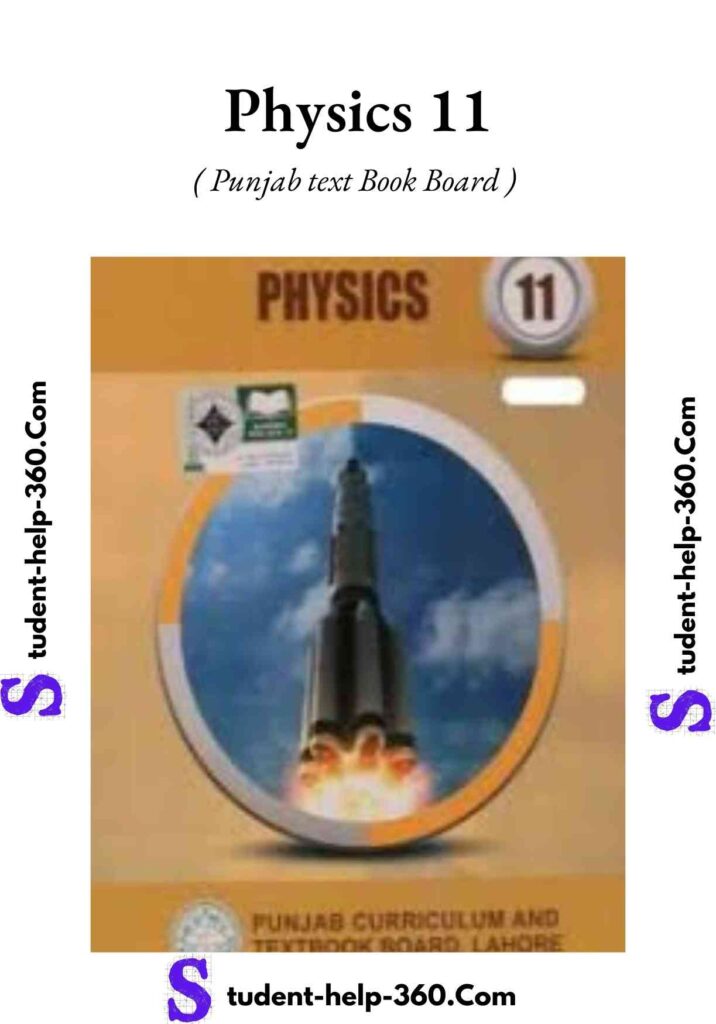
- Chemistry Book 1 (Punjab Textbook Board)
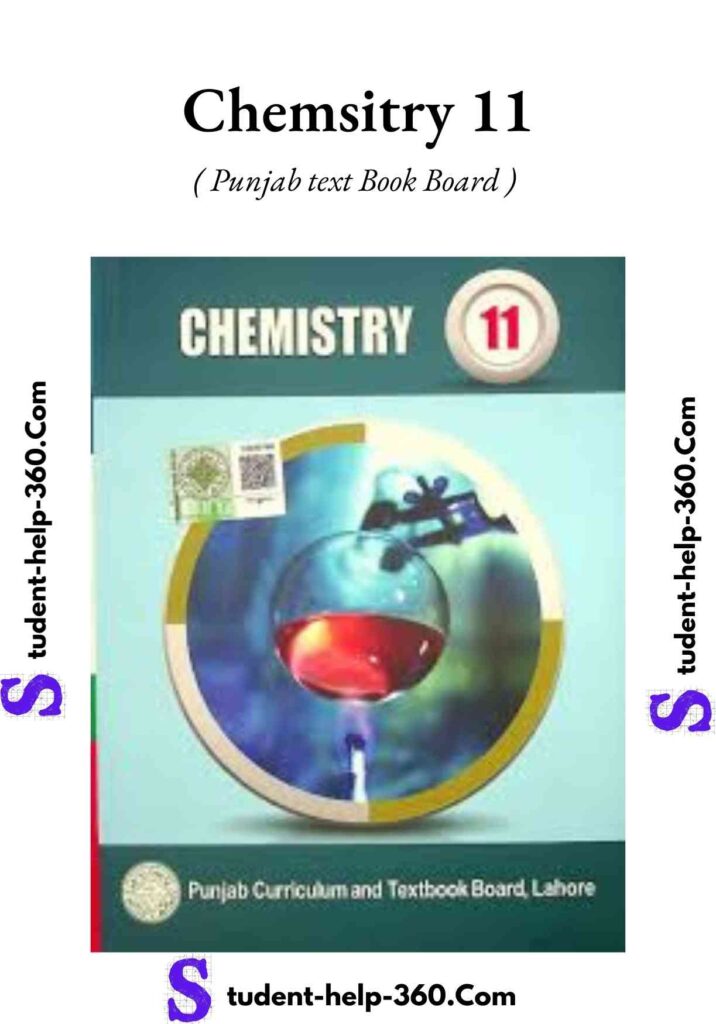
- Mathematics Book 1 (Punjab Textbook Board)
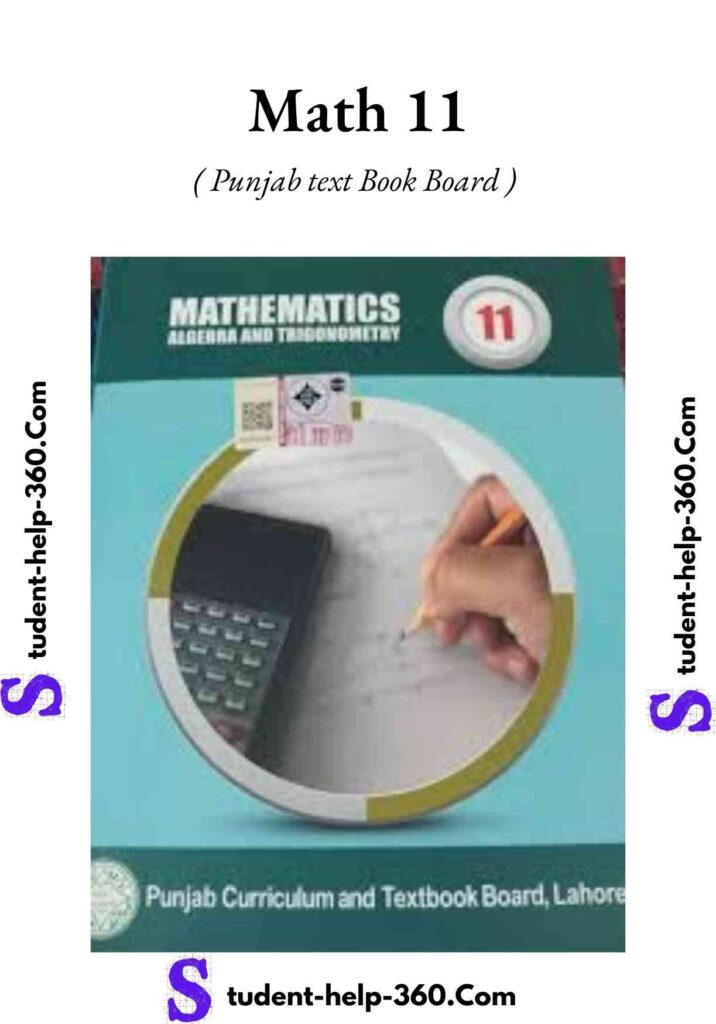
- English Book 1 (Punjab Textbook Board)
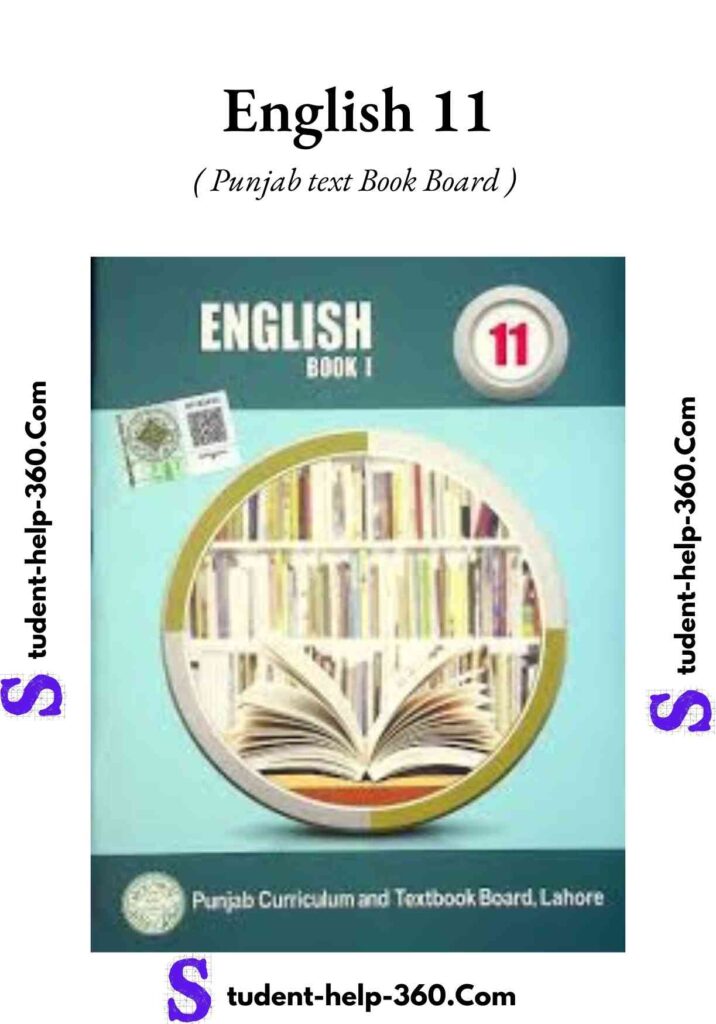
- Urdu Book 1 (Punjab Textbook Board)
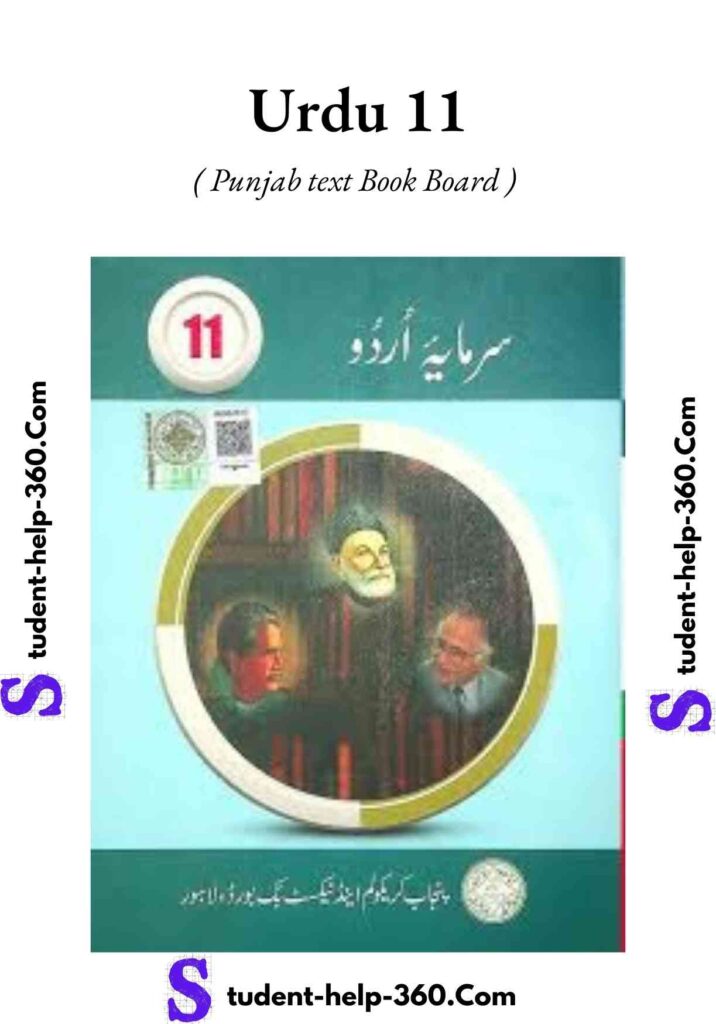
- Islamiat (Punjab Textbook Board)
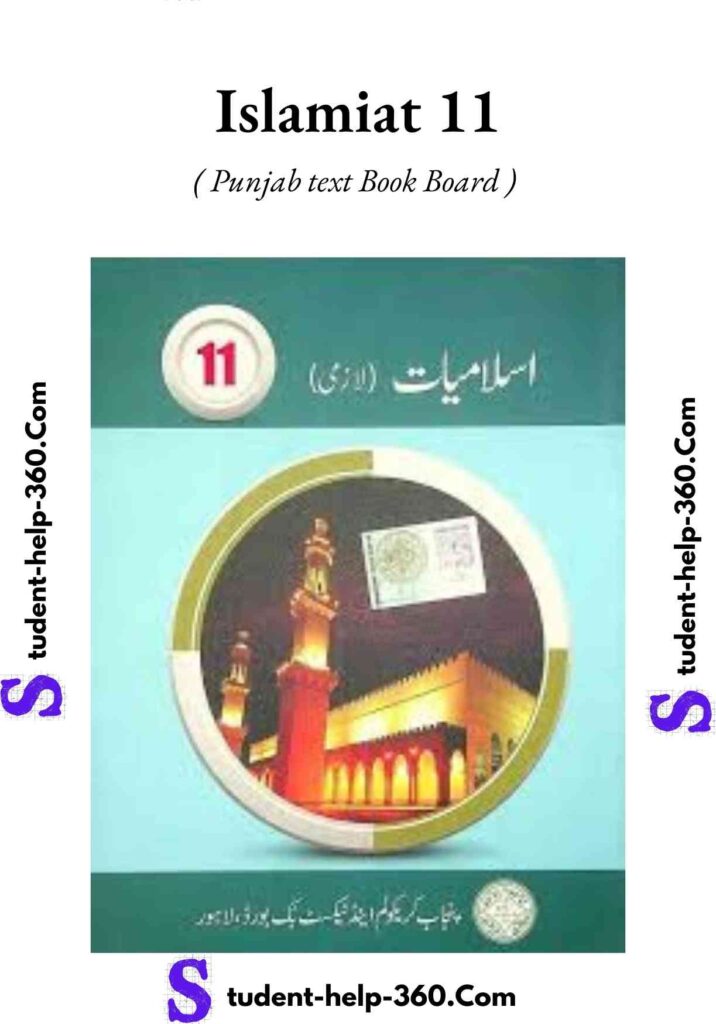
- Tarjamatul Quran 1 (Punjab Textbook Board)
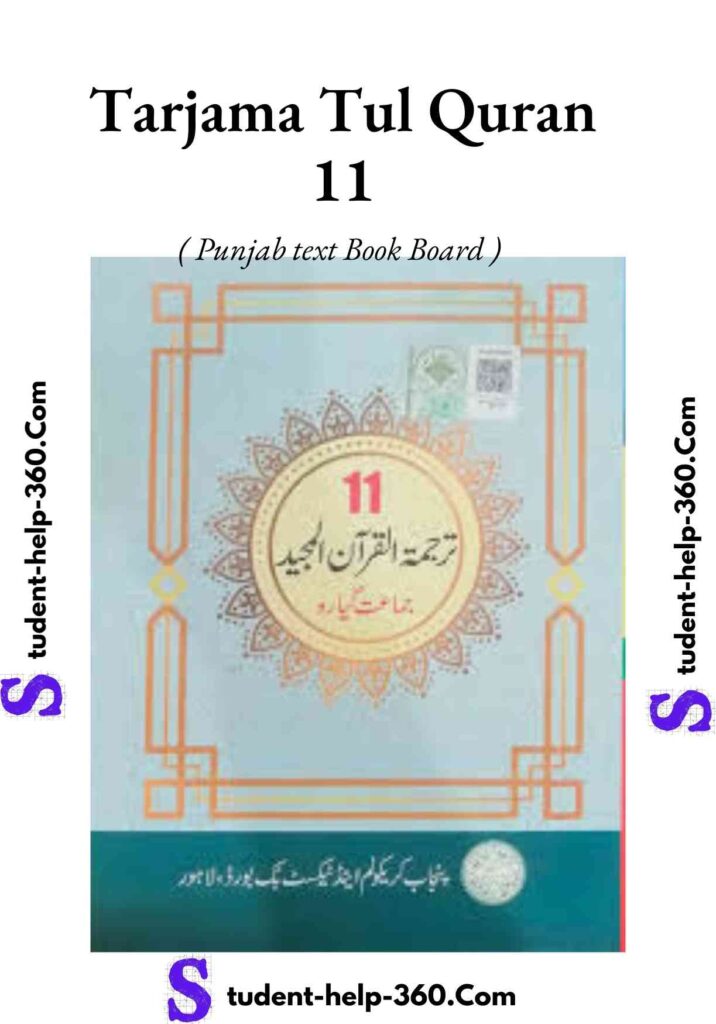
Second Year (12th Class) Books List:
- Physics Book 2 (Punjab Textbook Board)
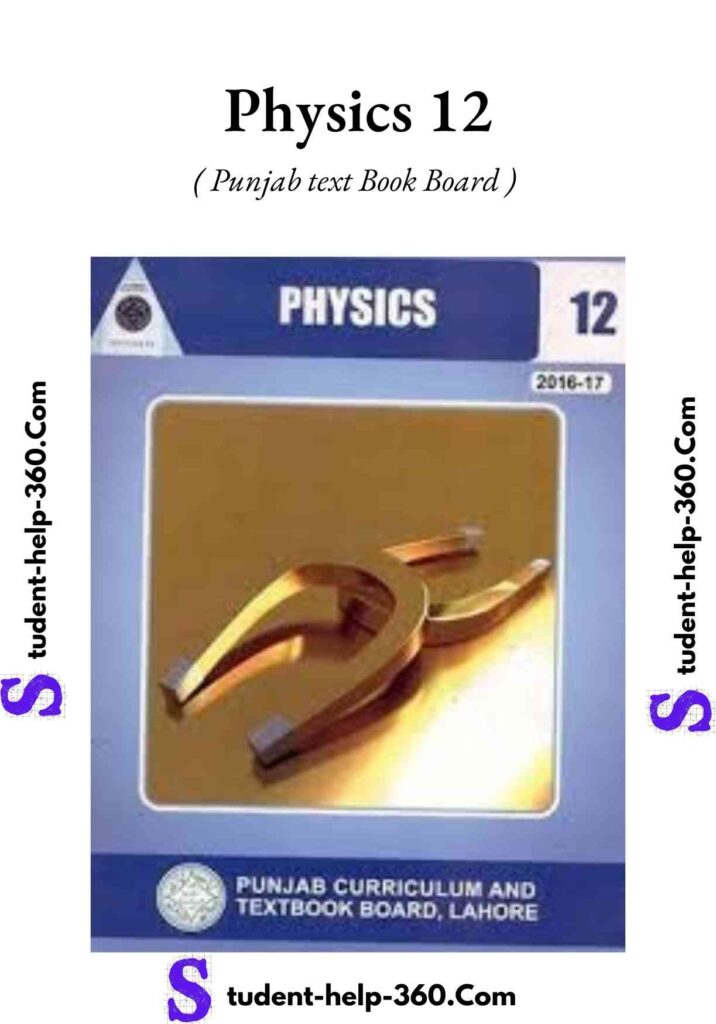
- Chemistry Book 2 (Punjab Textbook Board)
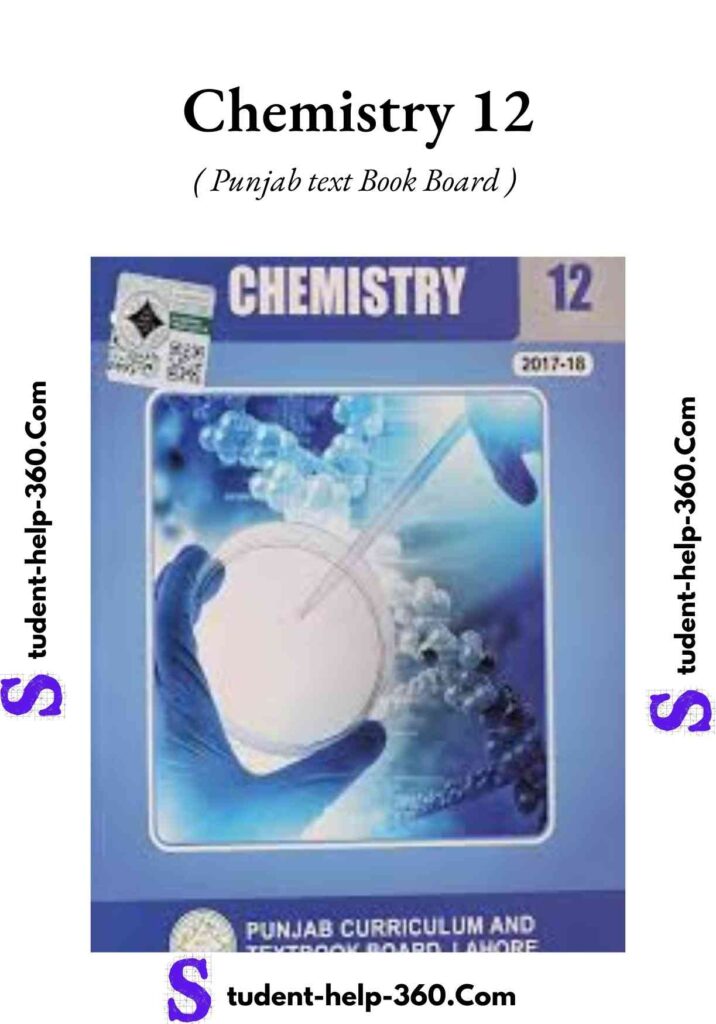
- Mathematics Book 2 (Punjab Textbook Board)
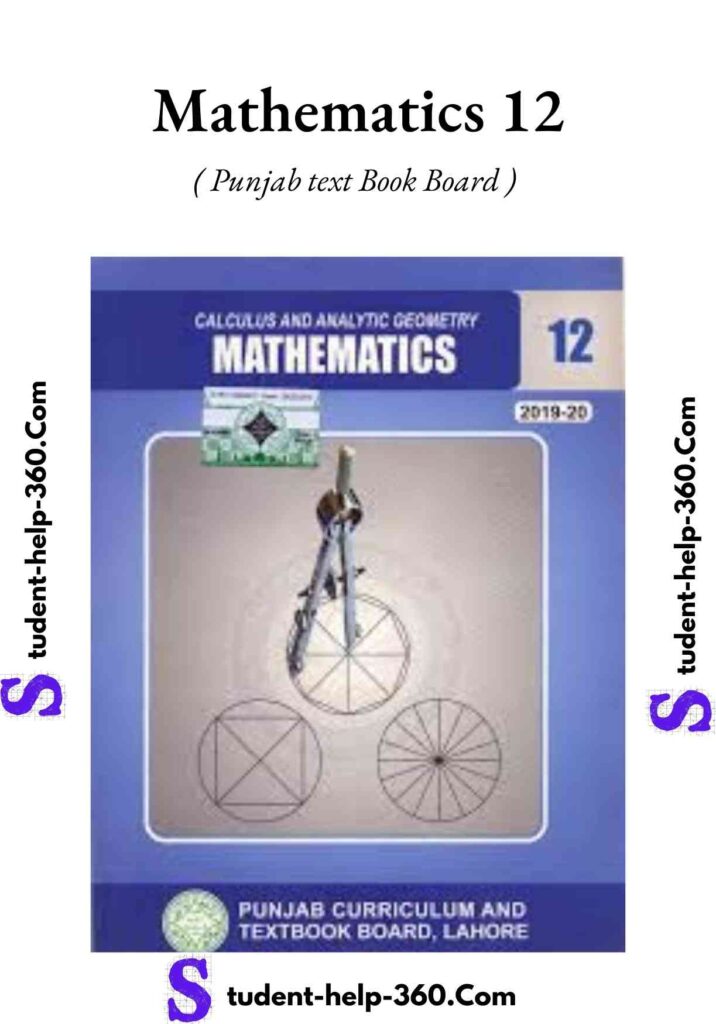
- English Book 2 (Punjab Textbook Board)
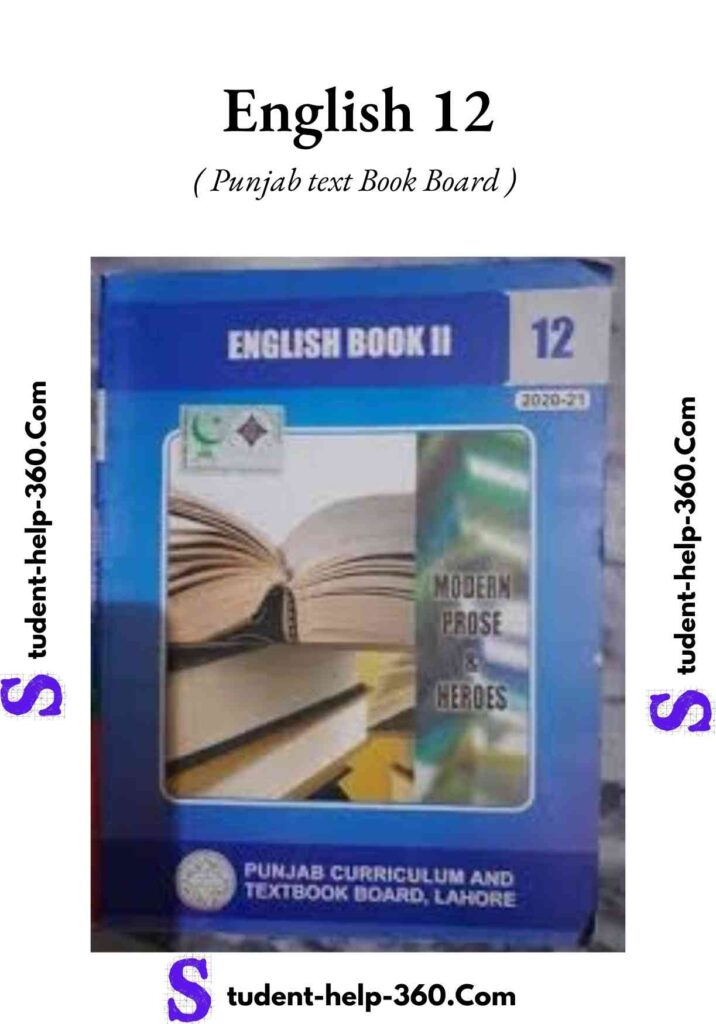
- Urdu Book 2 (Punjab Textbook Board)
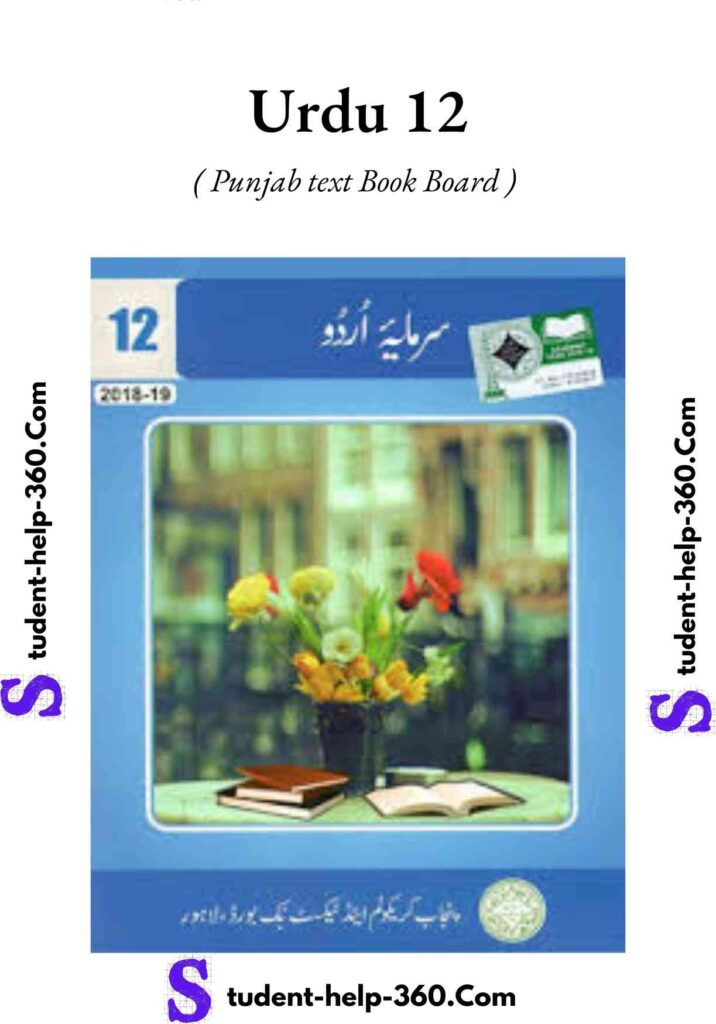
- Pakistan Studies (Punjab Textbook Board)
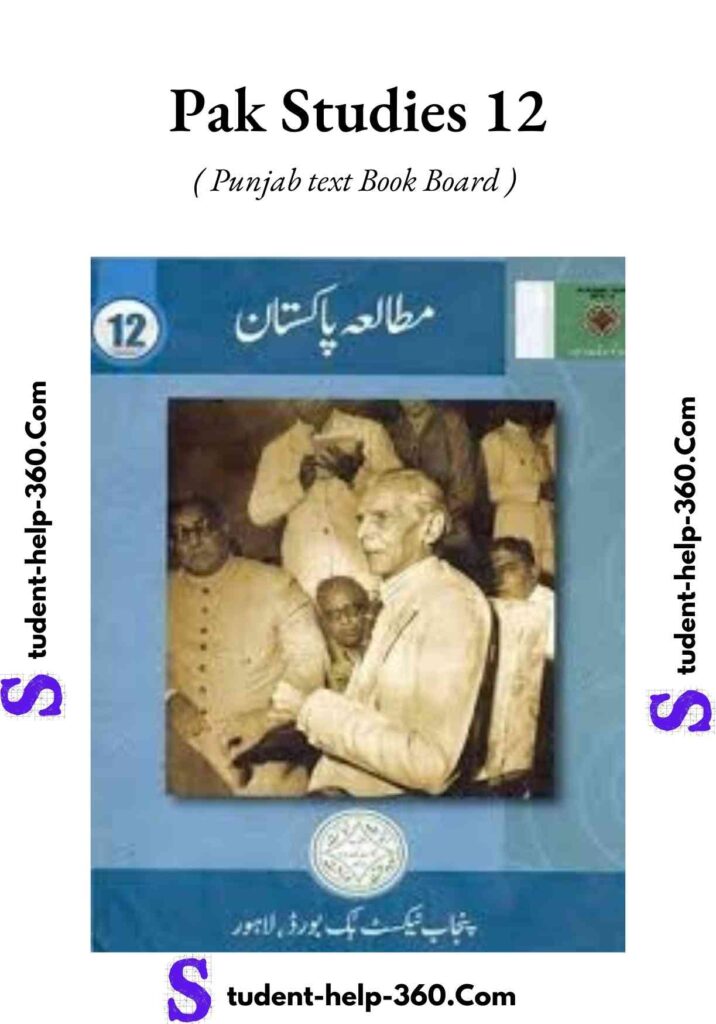
- Tarjamatul Quran 2 (Punjab Textbook Board)
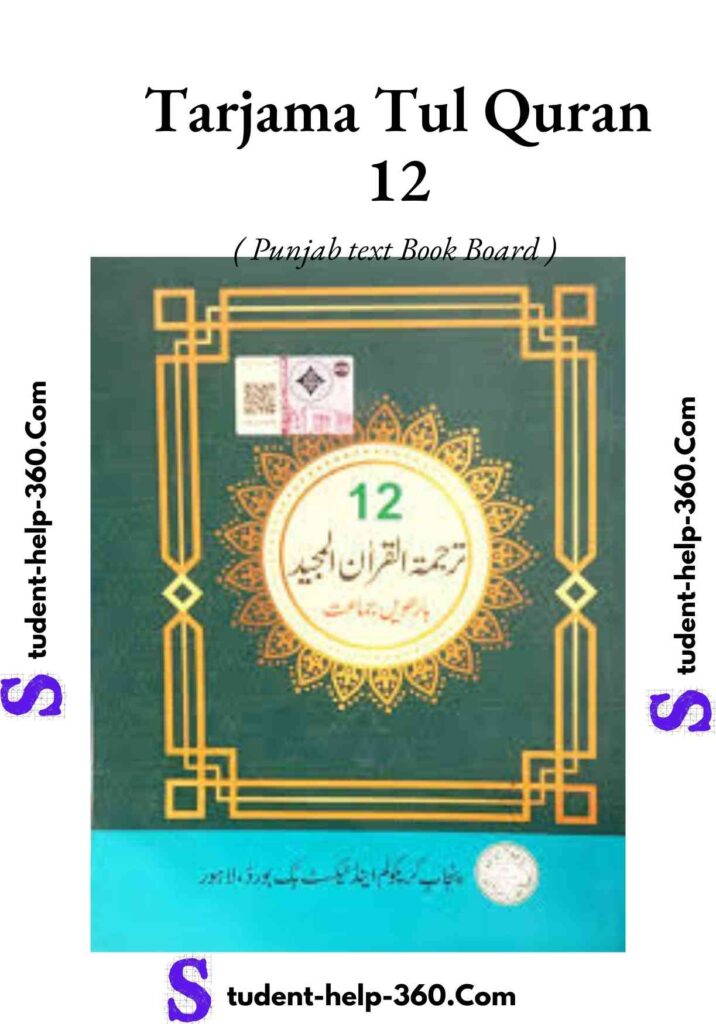
how many subjects in pre engineering
There are 7 Subjects in pre engineering .
English
Urdu
Mathematics
Physics
Chemistry
Islamiat/Pakistan Studies
Tarjamatul Quran / Ethics
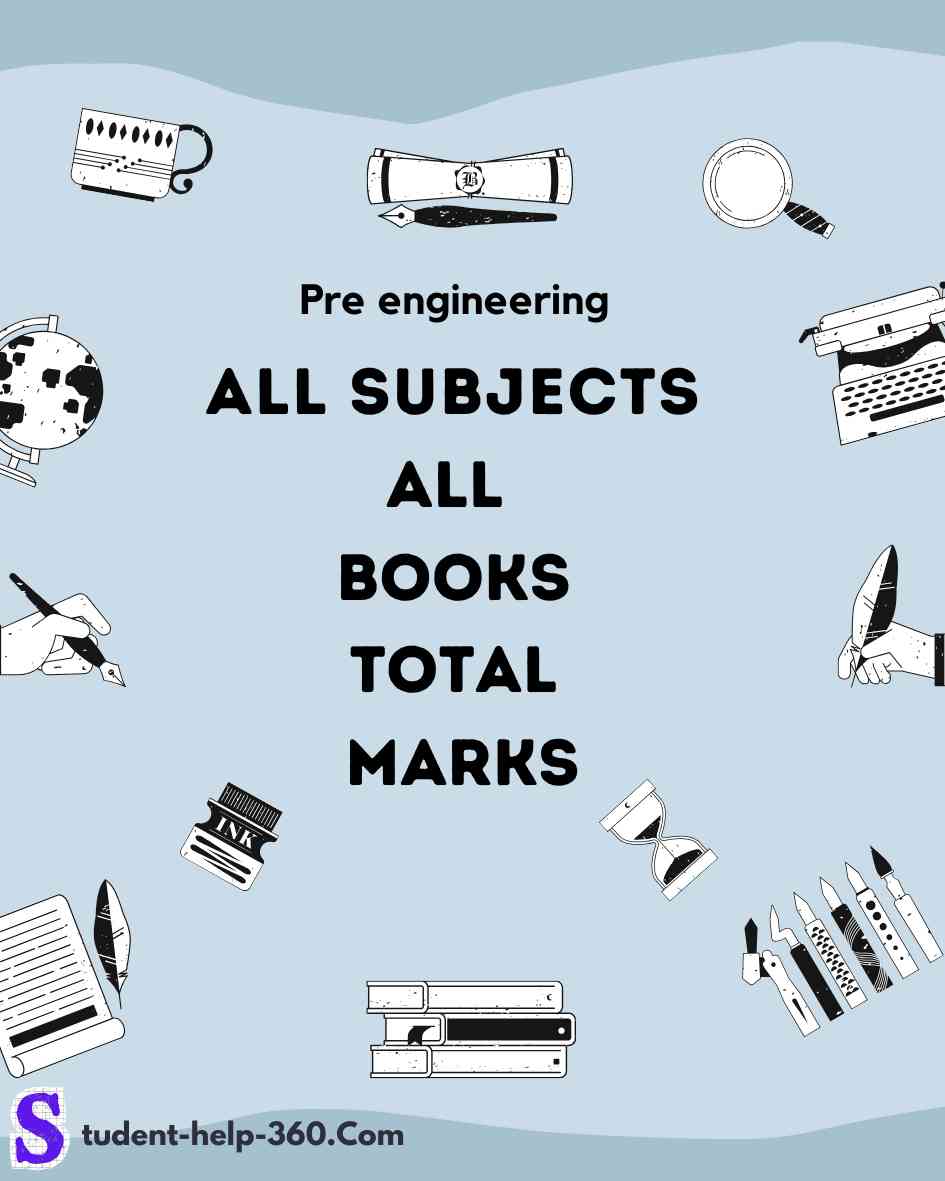
1 thought on “Pre engineering Subjects and Total Marks – Complete Book List”